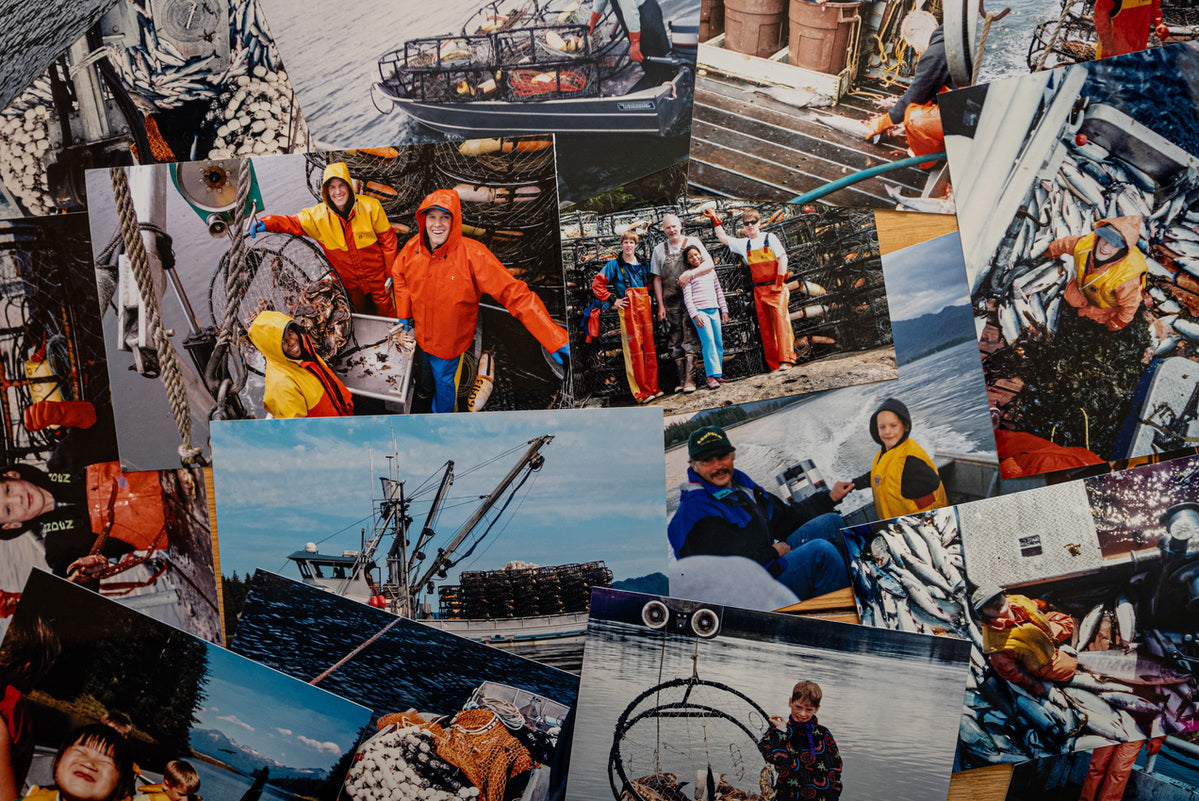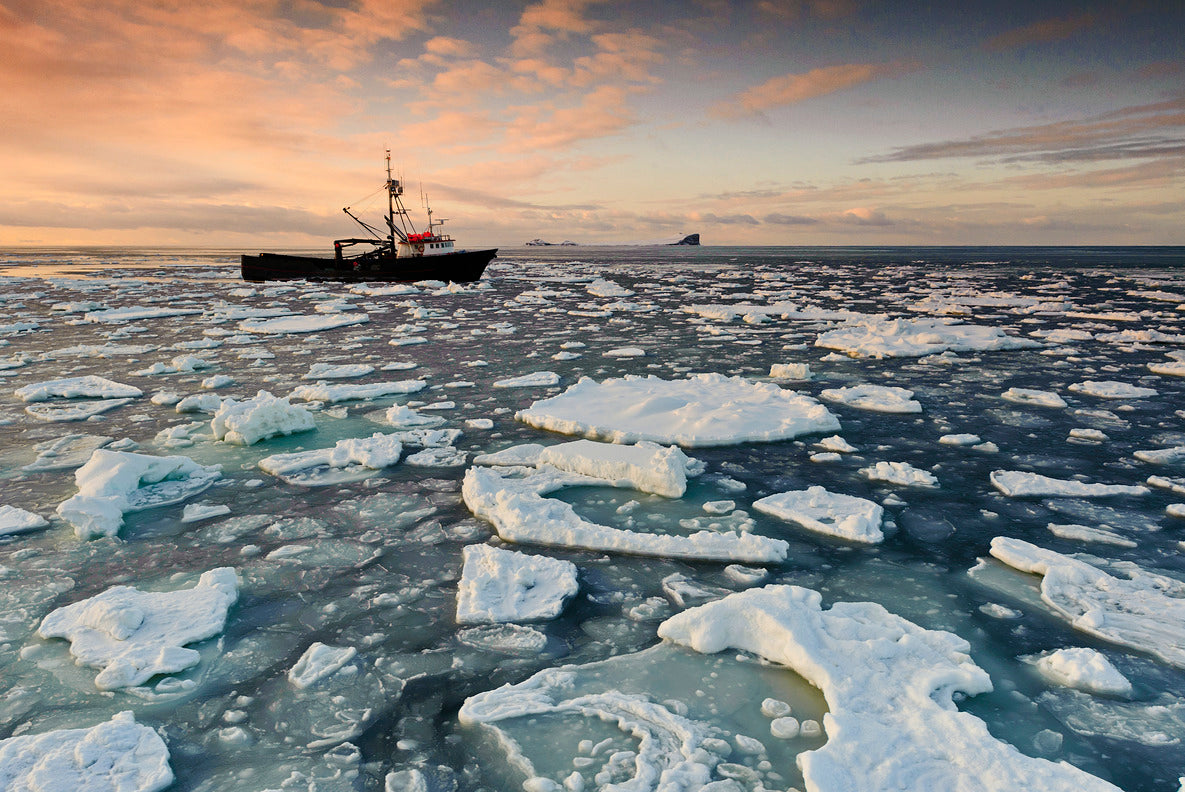In a significant move to support America's fishing communities, President Biden has signed the FISHES Act into law, marking a crucial reform in how the federal government provides disaster assistance to the seafood industry. This legislation addresses long-standing issues in the delivery of critical aid to fishing communities affected by natural disasters and other catastrophic events.
A History of Delays
The path to this reform has been paved with stories of fishing communities struggling through lengthy bureaucratic processes while trying to recover from disasters. Florida's experience particularly highlights these challenges - since 2012, the state has requested fisheries disaster relief seven different times. In each instance, more than two years passed between the approval of assistance and the actual distribution of funds to affected communities.
As Representative Byron Donalds (R-Florida), the bill's sponsor, emphasized, "This is simply unacceptable." These delays have left fishing communities vulnerable during critical recovery periods, often forcing fishermen and related businesses to make difficult decisions about their future while waiting for approved assistance to arrive.
What the New Law Changes
The FISHES Act introduces several key reforms to streamline the disaster assistance process:
1. NOAA must now review disaster spending plans within 10 days of submission
2. If a plan is incomplete, NOAA must provide detailed feedback about what's missing
3. The agency must notify applicants promptly when their plans are deemed complete
4. Funds must be disbursed within 90 days of a complete plan's approval
5. While the Office of Management and Budget (OMB) can review plans alongside NOAA, this cannot delay the 90-day distribution timeline
Why This Matters for American Seafood
The fishing industry faces unique vulnerabilities to natural disasters and environmental changes. Hurricanes can destroy vessels and infrastructure, harmful algal blooms can devastate fish populations, and changing ocean conditions can disrupt entire fisheries. When these disasters strike, quick access to assistance can mean the difference between a community's recovery and its collapse.
America's seafood industry isn't just about fish - it's about people and communities. Commercial fishing supports coastal economies through direct employment, related businesses, and tourism. When fishing communities struggle, the effects ripple throughout the coastal economy.
Looking Forward
The FISHES Act represents a bipartisan recognition that supporting our fishing communities requires not just funding, but efficient delivery of that assistance. By establishing clear timelines and improving communication in the disaster relief process, this law helps ensure that when future disasters strike, our fishing communities won't face years of waiting for approved assistance to arrive.
This reform marks an important step in protecting America's seafood industry and the communities that depend on it. As climate change and other environmental challenges continue to affect our coastal waters, having an efficient disaster response system becomes increasingly crucial for maintaining the health and resilience of our fishing communities.
For fishing communities facing future disasters, this new law promises a more responsive and efficient path to recovery - one that better reflects the urgent nature of their needs when disaster strikes.


